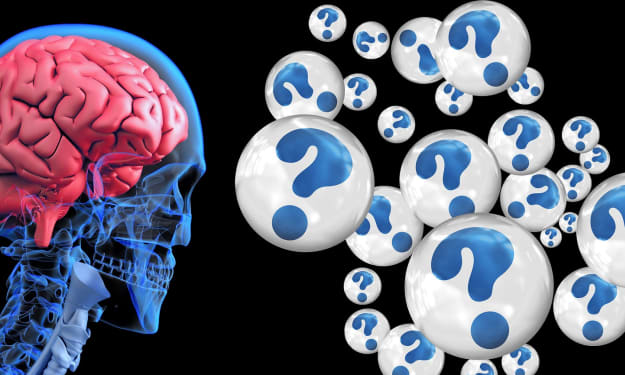
Multiple sclerosis (MS) is a chronic autoimmune disease that affects the central nervous system (CNS). The symptoms of MS vary widely and can include fatigue, muscle weakness, numbness or tingling in the limbs, difficulty walking, vision problems, and cognitive impairment. Depression is a common comorbidity in individuals with MS, with a reported prevalence rate of 20-50%. In this article, we will explore the relationship between MS and depression, the potential causes of depression in MS patients, and treatment options for individuals with MS and depression.
The link between MS and depression has been well established in the medical literature. In fact, depression is one of the most common psychiatric comorbidities in individuals with MS. Depression can have a significant impact on an individual's quality of life, affecting their ability to work, engage in social activities, and maintain relationships. Depression can also exacerbate other symptoms of MS, such as fatigue and cognitive impairment.
The exact cause of depression in individuals with MS is not entirely clear. However, there are several factors that may contribute to the development of depression in MS patients. One possible explanation is the psychological impact of being diagnosed with a chronic and potentially disabling illness. The uncertainty surrounding the course of the disease, the possibility of relapses, and the unpredictability of symptoms can all contribute to feelings of anxiety and depression.
Another possible explanation for the high prevalence of depression in individuals with MS is the biological impact of the disease on the brain. MS is known to cause damage to the myelin sheath that surrounds nerve fibers in the CNS. This damage can lead to inflammation and changes in brain chemistry that may contribute to the development of depression.
Other factors that may contribute to depression in individuals with MS include social isolation, lack of support, and limited access to healthcare. MS can be a debilitating disease that may limit an individual's ability to work or engage in social activities. This can lead to feelings of loneliness and social isolation, which can contribute to the development of depression. Additionally, individuals with MS may have limited access to healthcare, which can make it difficult to manage their symptoms effectively.
Despite the high prevalence of depression in individuals with MS, it is often underdiagnosed and undertreated. This may be due in part to the overlap of symptoms between depression and MS, such as fatigue and cognitive impairment. However, it is important for healthcare providers to be aware of the high prevalence of depression in individuals with MS and to screen for depression regularly.
Treatment options for individuals with MS and depression include both pharmacological and non-pharmacological interventions. Antidepressant medications, such as selective serotonin reuptake inhibitors (SSRIs) and tricyclic antidepressants (TCAs), are often used to treat depression in individuals with MS. These medications can be effective in reducing symptoms of depression and improving quality of life. However, it is important to note that some antidepressant medications can interact with medications used to treat MS, so healthcare providers should be cautious when prescribing these medications.
Non-pharmacological interventions for depression in individuals with MS may include psychotherapy, such as cognitive-behavioral therapy (CBT) or interpersonal therapy (IPT). These therapies can help individuals with MS develop coping strategies for managing their symptoms and can also provide support for the emotional impact of the disease.
Exercise may also be an effective non-pharmacological intervention for depression in individuals with MS. Exercise has been shown to improve mood and reduce symptoms of depression in individuals with MS. Additionally, exercise can help to improve overall physical health and may also have neuroprotective effects in individuals with MS.
Finally, social support and self-help groups can be beneficial for individuals with MS and depression. These groups can provide emotional support, practical advice, and a sense of community for individuals living with MS.
About the Creator
Aggie
3in1 - a writer, a teacher and a mom :) what else? ...crazy, impatient, curious, inquisitive MS fighter






Comments
There are no comments for this story
Be the first to respond and start the conversation.